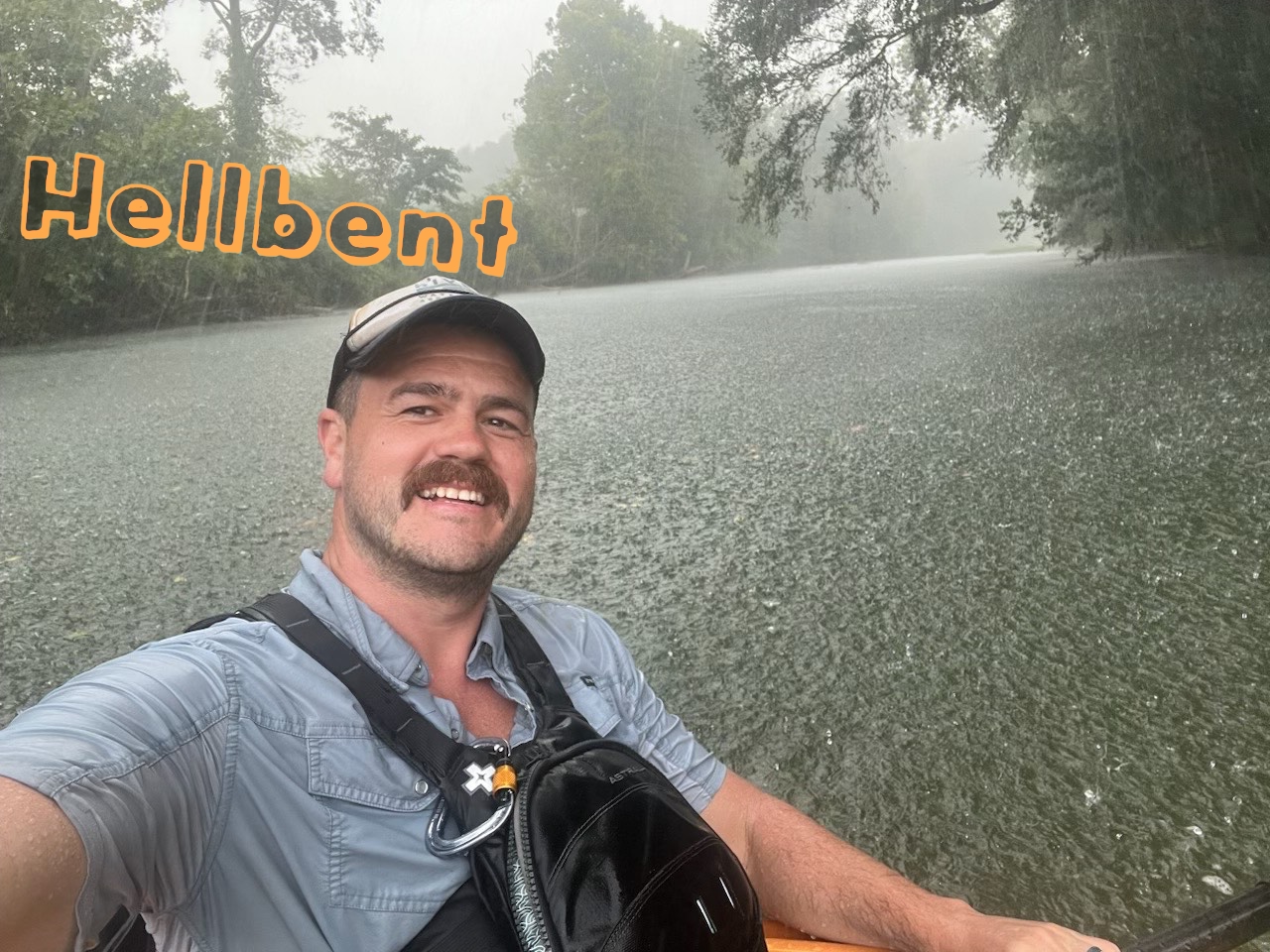
3 Good Health and Well-Being (65)
Ensure healthy lives and promote well-being for all at all ages
Hellbent: Little River Watershed Association swims upstream to protect one of Earth’s great rivers
Written by JJ Stambaugh![Andrew Gunnoe, President of Little River Watershed Association]() Andrew Gunnoe is seen in the rain on Little River in Blount County, Tennessee. He is board director for Little River Watershed Association. Courtesy LRWA
Andrew Gunnoe is seen in the rain on Little River in Blount County, Tennessee. He is board director for Little River Watershed Association. Courtesy LRWA
Andrew Gunnoe helms spirited efforts to preserve beloved Little River but the current is swift
MARYVILLE — For 25 years, the handful of men and women involved with the nonprofit Little River Watershed Association (LRWA) have been protecting the crystal clear waters as they plummet from the Great Smoky Mountains before meandering through Blount County and merging with the Tennessee River.
“We see ourselves as the voice of the Little River, speaking for the river and its health,” said Andrew Gunnoe, president of the LRWA Board of Directors.
From the famous swimming hole at the Wye to the profusion of inner tube rental companies in Townsend, the Little River is one of the region’s most popular spots for water recreation. Further downstream, the waterway becomes an almost perfect spot for fishing, canoeing and kayaking.
For all the popularity as a recreation stop, the 59-mile stretch of water is also a vital habitat for numerous aquatic species and provides the 120,000-plus residents of Blount County with drinking water.
- little river diversity threat
- little river
- little river aqautic life
- little river watershed association
- preserving water quality
- maryville, tennessee
- townsend
- great smokies
- little river national park
- conservation fisheries
- biodiversity
- blount county
- tennessee valley authority
- escherichia coli
- tva
- e coli
- stream school
- university of tennessee environmental studies and sustainability
- sediment pollution
- water quality monitoring
Juneteenth: An Urgent Call for Climate Solutions
Written by EarthSolidarity!™  ExxonMobil’s Baton Rouge, LA refinery, Feb. 11, 2016. Later that day, shortly before midnight, a massive fire broke out, bathing the night sky in an orange glow visible for miles around.
ExxonMobil’s Baton Rouge, LA refinery, Feb. 11, 2016. Later that day, shortly before midnight, a massive fire broke out, bathing the night sky in an orange glow visible for miles around. ![]() Jim Brown/Flickr
Jim Brown/Flickr
Generations of Black Americans have faced racism, redlining and environmental injustices, such as breathing 40 percent dirtier air and being twice as likely as white Americans to be hospitalized or die from climate-related health problems.
AMERICA TODAY — This week, NPR’s Living on Earth podcast and illustrated transcript elucidates how relevant the broader meaning and historic context of Juneteenth is for all American citizens and residents.
Host Steve Curwood discusses with Heather McTeer Toney her new book, ‘Before the Streetlights Come On: Black America’s Urgent Call for Climate Solution.’
McTeer served as the Southeast Regional Administrator of the Environmental Protection Agency in the Obama administration and is now Executive Director of Beyond Petrochemicals. She argues that the quest for racial justice must include addressing the climate emergency and that the insights of people who experienced the negative health and socio-economic impacts of the petrochemical industry must be tapped to develop solutions that will work on the ground.
- juneteenth
- environmental justice
- racial justice
- heather mcteer toney
- social justice
- racism
- air pollution
- petrochemical
- petrochemical industry
- living on earth
- npr podcast
- slavery
- history of slavery
- climate emergency
- cancer alley
- steve curwood
- public health
- environmental racism
- mississipi river
- baton rouge
- black vote
- black and brown people
- interfaith power and light
- evangelical on the right
- religious leadership
- evangelicals for the environment
KUB and SACE provide a guide to a home efficiency uplift
KNOXVILLE — Are you looking to take control of your utility bills to not only save money but also breathe easier knowing your home is healthier and more comfortable? Join us this Wednesday, May 17, from 6-8 PM for a free workshop to learn about newly available, once-in-a-generation funding, resources, and rebates that everyone can benefit from, regardless of if you own or rent your home, or if you have high or low income, through local and federal funds.
KUB is providing free (yes, free) home energy improvements for income-eligible customers through the Home Uplift program. New or repaired HVAC units, attic and wall insulation, appliances, and electric water heaters are just a few of the home energy upgrades that you may receive. Plus, professional crews are ready and waiting to do the work so you don’t have to.
— Southern Alliance for Clean Energy
Refill with KnoxFill. Knoxville startup gets its own storefront.
Written by Rick Vaughan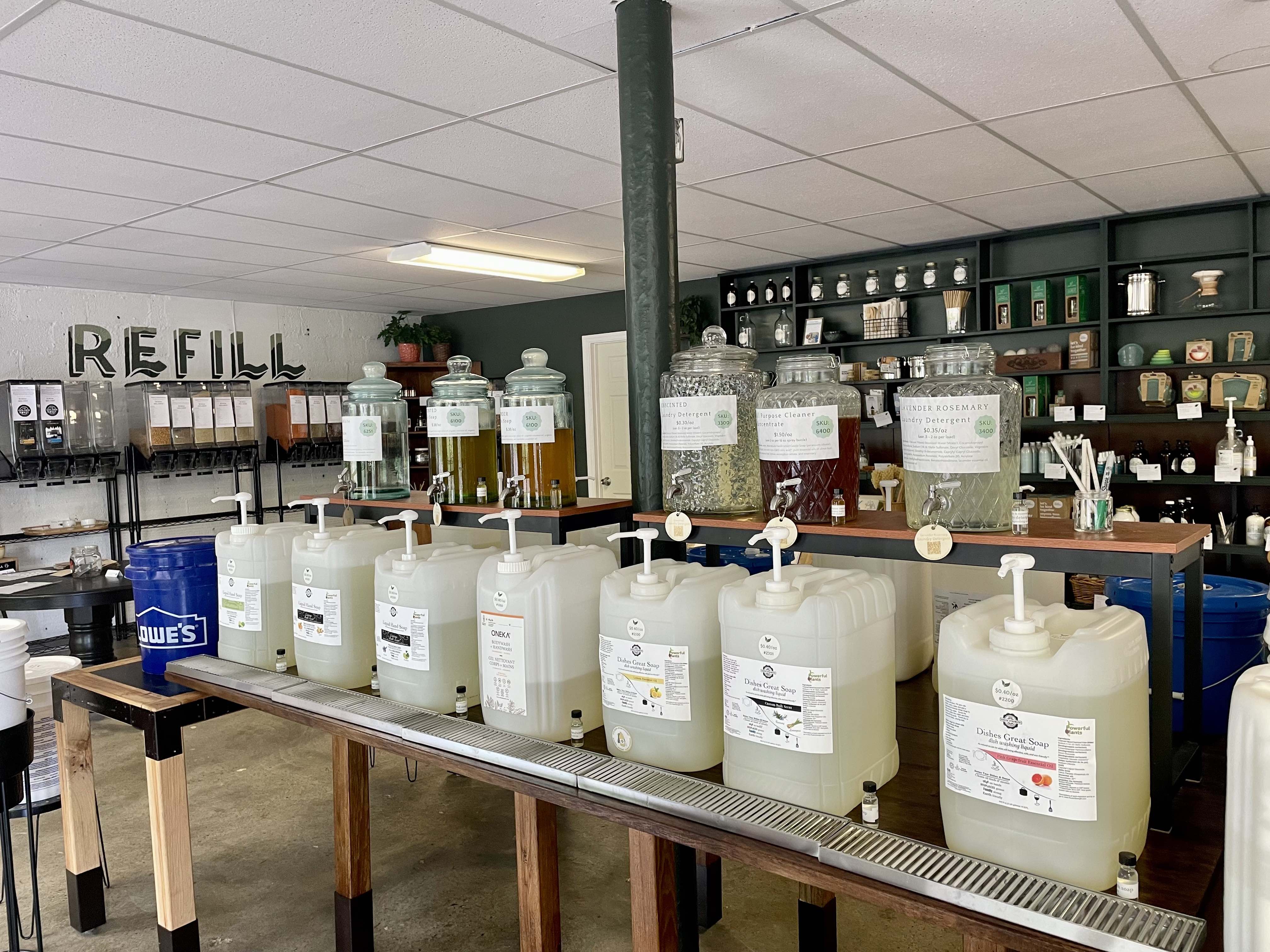 Multiple household and personal items such as detergent, shampoo and even toothpaste can be refilled at KnoxFill, which now has a storefront at 3211 South Haven Road in Knoxville. Photo courtesy Michaela Barnett
Multiple household and personal items such as detergent, shampoo and even toothpaste can be refilled at KnoxFill, which now has a storefront at 3211 South Haven Road in Knoxville. Photo courtesy Michaela Barnett
Glass jars aren’t just for moonshine anymore
KNOXVILLE — The city now has a store where walk-in customers can buy refillable household products.
“Zero waste” is commonly heard around concerts, festivals and Earth Day events, but now it is easier to make it a daily priority.
KnoxFill opened a 1,600-square-foot store April 8 in South Knoxville at 3211 South Haven Road.
The company uses reusable glass containers for purchasing common household goods such as shampoo and detergent, like the way you might buy bulk foods. Hellbender Press previously reported on this business.
Their products are eco-sourced. The idea is if a container is not reused, it will either be landfilled, incinerated, end up as litter, or recycled, which has its own set of issues. That’s on the back side of the waste stream. Refillable glass containers also combat pollution and waste on the front side by eliminating the petrochemicals needed to produce and ship all the plastic containers needed for consumer products in the first place.
Prior to opening her store, owner Michaela Barnett provided her goods and services via the “milkman” method. She would refill the bottles at home and then deliver them to her customers.
“The milkman system was very labor intensive; we could never have the impact and scale we now have without a brick-and-mortar store,” she said.
High-profile cleanup to commence on South Knoxville Superfund site, but what about the other toxic sites?
Written by Ben Pounds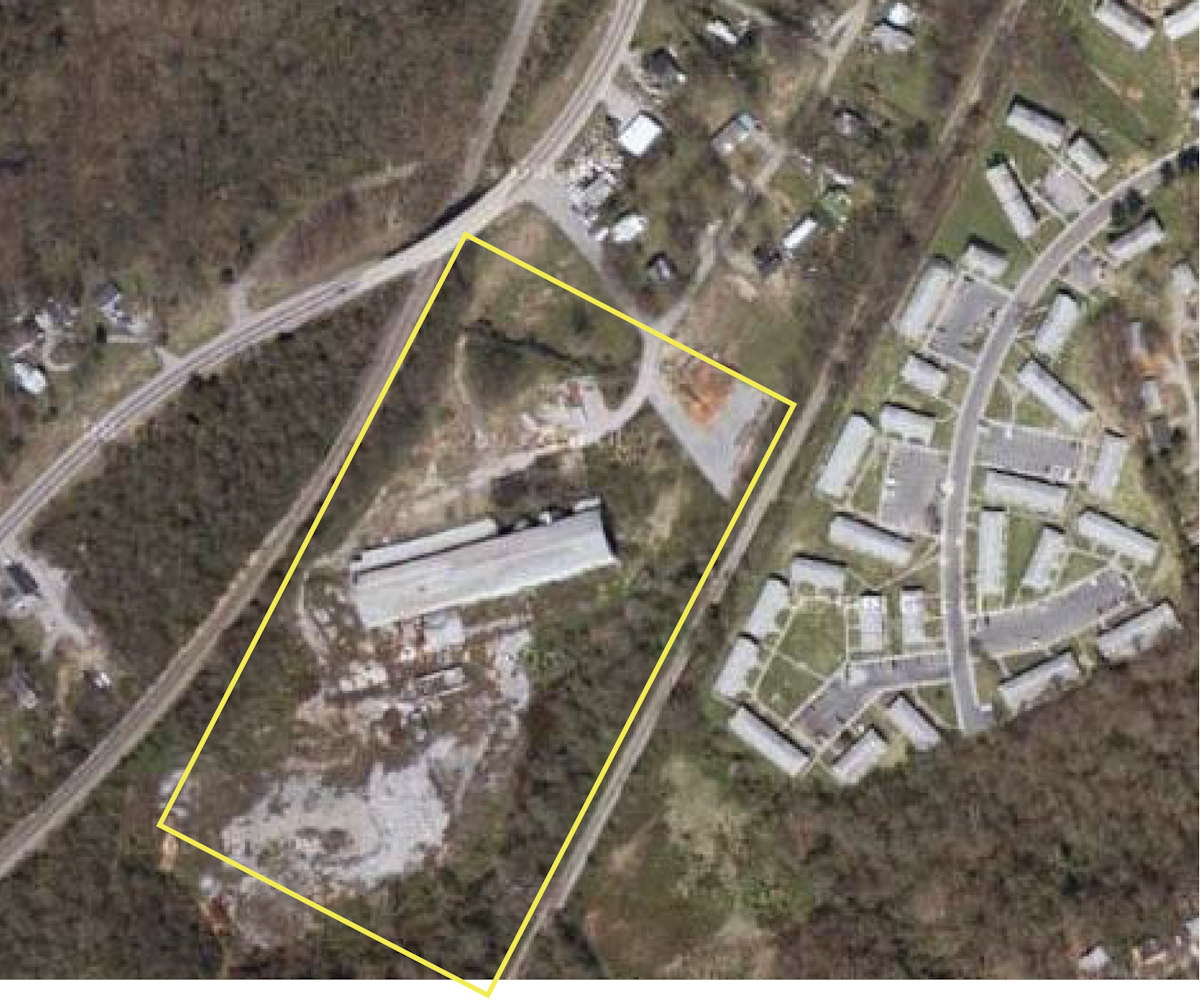 Smokey Mountain Smelters site is seen in this EPA file photo. Work has commenced on cleaning up this particular Superfund site, but South Knoxville residents are wondering about the fate of the other highly toxic sites along Maryville Pike.
Smokey Mountain Smelters site is seen in this EPA file photo. Work has commenced on cleaning up this particular Superfund site, but South Knoxville residents are wondering about the fate of the other highly toxic sites along Maryville Pike.
Vestal community leans into future of multiple South Knoxville Superfund sites
KNOXVILLE — City residents are discussing the future of the Vestal community’s toxic sites after a long history of industrial use and activism that recently led to federally funded action to clean up at least one infamous Superfund site.
Vestal community resident Cathy Scott shared the history of each of these sites near Maryville Pike at South Knox Community Center during two Vestal Community Organization meetings related to the cleanup of multiple Superfund sites on the south side of the city.
She said in an email to Hellbender Press that much of her information came from John Nolt, formerly of the University of Tennessee Philosophy Department and author of the essay “Injustice in the Handling of Nuclear Weapons Waste: The Case of David Witherspoon Inc.,” which is chapter three of the book “Mountains of Injustice: Social and Environmental Justice in Appalachia.”
While the EPA is focusing on the Smokey Mountain Smelter site, Scott, Nolt and others have discussed other properties and their effects on nearby watersheds. The sites are all connected to the Witherspoon family. They are at are at 1508 Maryville Pike; 1630 Maryville Pike and adjacent land; 901 Maryville Pike and 4430 Candoro Ave. The meetings took place Feb. 13 and 22.
“It was a phenomenal accomplishment of community collaboration,” Eric Johnson, president of Vestal Community Organization, said of the two meetings.
Infamous South Knoxville Superfund site will soon take first steps on long road to recovery
Written by Ben Pounds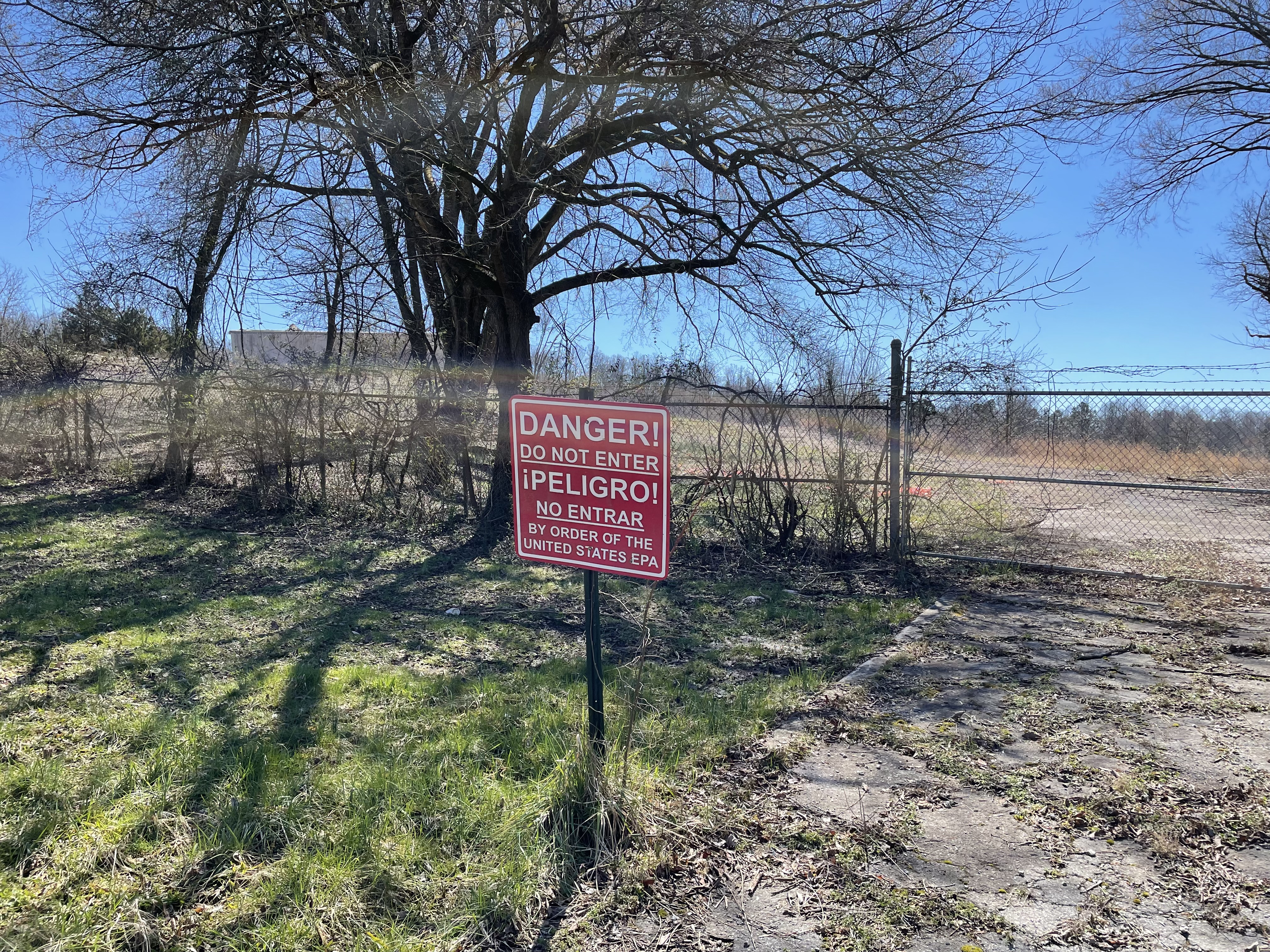 A sign warns against entry to the Smokey Mountain Smelters Superfund site off Maryville Pike in the Vestal community of Knoxville. Heather Duncan Nelson/Hellbender Press
A sign warns against entry to the Smokey Mountain Smelters Superfund site off Maryville Pike in the Vestal community of Knoxville. Heather Duncan Nelson/Hellbender Press
EPA plans to contain toxic waste and restore waterways; community group will offer guidance
KNOXVILLE — A crowd gathered in the South Knoxville Community Center to hear the Environmental Protection Agency’s long-awaited remediation plan for Smoky Mountain Smelting and its hazardous waste. Others tuned in via the Internet.
The meeting called by Vestal Community Organization took place Feb. 13. The EPA’s presentation and many questions focused on the former Smoky Mountain Smelting site at 1508 Maryville Pike near Montgomery Village Apartments.
Heather Duncan Nelson reported last year for Hellbender Press on the initial cleanup plans.
But citizens this week raised concerns about other contaminated former industrial properties along the same road. Vestal Community Organization plans to hold another meeting at 6 p.m. Feb. 22 to discuss and decide its position on these Maryville Pike properties.
“I was just thrilled and enamored by the way people were listening to the questions and answers,” said Eric Johnson with Vestal Community Organization, adding that he was referring both to the EPA and the citizens.
- superfund sites in knoxville
- smoky mountain smelters
- south knoxville superfund site
- ben pounds
- montgomery village apartments
- heather duncan superfund site
- smoky mountain smelting
- epa and knoxville superfund sites
- vestal community organization
- vestal knoxville
- south knoxville
- amelia parker
- witherspoon property knoxville
- maryville pike
Water and waste on TVA agenda as utility plans Bull Run shutdown
Written by Ben Pounds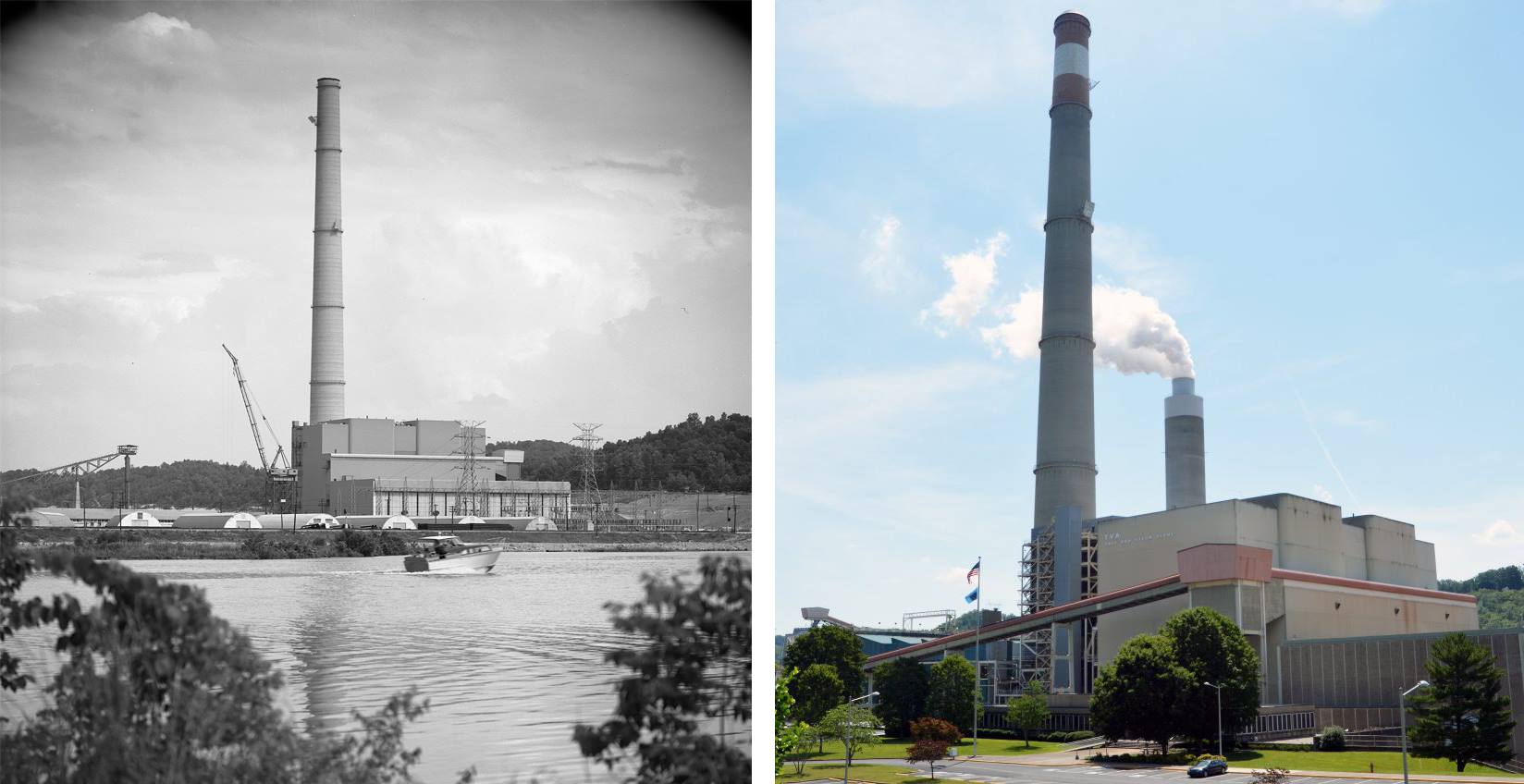 Bull Run Fossil Plant in Claxton, Tennessee, was originally commissioned 55 years ago but TVA is now soliciting public input on the best way to shut down operations. Tennessee Valley Authority
Bull Run Fossil Plant in Claxton, Tennessee, was originally commissioned 55 years ago but TVA is now soliciting public input on the best way to shut down operations. Tennessee Valley Authority
TVA solicits public input following release of environmental assessment for Bull Run Fossil Plant decommission
CLAXTON — Tennessee Valley Authority plans to close its Bull Run Fossil Plant (BRF) in Anderson County, but it’s still looking for public input on what comes next.
“As a large, inflexible coal unit with medium operating costs and a high forced outage rate, BRF does not fit current and likely future portfolio needs,” the federal utility said in a draft Environmental Assessment.
TVA is looking at three different options for the future of the structures still standing on the site by the Clinch River near Oak Ridge: taking down all structures; taking down some of them; or leaving everything standing. A recent report lays out the environmental consequences of each of these actions. The report, in draft form, is against that third choice, listing it as only an option for the sake of comparison.
“If the facility is left in the “as-is” condition, it likely would present a higher risk than Alternatives A or B for the potential to contaminate soil and groundwater as systems and structures degrade. As such, this alternative is not a reasonable alternative,” the draft states.
TVA stated its considering removing “all or most of the buildings and structures” on a 250-acre area. After closing the plant, but before any demolitions, TVA will begin by removing components that may be used at other TVA sites, draining of oil and fluids from equipment, taking ash out of the boilers, removing information technology assets, removing plant records and other tasks.
The Bull Run Environmental Assessment is 170 pages long and available for public review. It doesn’t directly tackle the coal ash storage conundrum that has grabbed the attention of politicians, nearby residents and environmental activists, because that issue involves separate regulations.
8 billion people and counting in the face of climate change
Written by Maureen Lichtveld Flooding is seen outside a popular hotel in Pakistan following historic and devastating flooding linked largely to the melting of highland glaciers. Wikipedia Commons
Flooding is seen outside a popular hotel in Pakistan following historic and devastating flooding linked largely to the melting of highland glaciers. Wikipedia Commons
Global population growth promises a drastic spike in public health emergencies
This story was originally published by The Conversation. Maureen Lichtveld is dean of the School of Public Health at the University of Pittsburgh.
There are questions that worry me profoundly as an environmental health and population scientist.
Will we have enough food for a growing global population? How will we take care of more people in the next pandemic? What will heat do to millions with hypertension? Will countries wage water wars because of increasing droughts?
These risks all have three things in common: health, climate change and a growing population that the United Nations determined passed 8 billion people in November 2022, which is double the population of just 48 years ago.
- climate change
- human population
- how many people live on earth
- the conversation
- public health challenges and climate change
- population growth
- maureen lichtveld
- university of pittsburgh school of public health
- infectious diseases
- drought
- food and water security
- extreme heat
- population growth and public health
- dengue
- malaria
- human infectious diseases
- air quality
Every TVA coal-fired plant in Tennessee is leaking dangerous contaminants at unsafe levels, report concludes
Written by Jamie Satterfield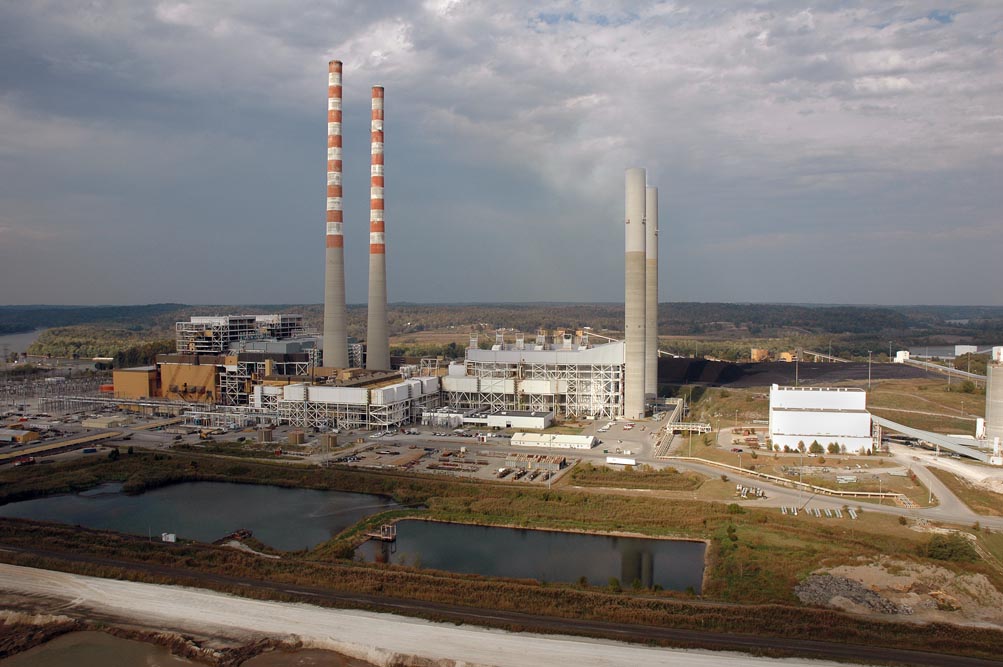 The Tennessee Valley Authority’s Cumberland Fossil Plant in Stewart County, Tennessee is leaking boron at 22 times safe levels, as well as unsafe levels of arsenic, cobalt, lithium and molybdenum, according to a recent report prepared by environmental groups using TVA’s own data. Tennessee Valley Authority
The Tennessee Valley Authority’s Cumberland Fossil Plant in Stewart County, Tennessee is leaking boron at 22 times safe levels, as well as unsafe levels of arsenic, cobalt, lithium and molybdenum, according to a recent report prepared by environmental groups using TVA’s own data. Tennessee Valley Authority
Report: TVA’s Allen Fossil Plant in Memphis ranks No. 10 in most contaminated U.S. sites
This story was originally published by Tennessee Lookout.
The Tennessee Valley Authority’s coal ash dumps in Memphis rank among the worst in the nation for contamination of groundwater with cancer-causing toxins, according to a new report that relied on the power provider’s own records.
TVA’s coal ash dumps at the now-defunct Allen Fossil Plant rank as the 10th worst contaminated sites in the country in a report released earlier this month that examined groundwater monitoring data from coal-fired plant operators, including TVA.
TVA’s own monitoring data shows its Memphis dumps are leaking arsenic at levels nearly 300 times safe drinking water limits. Unsafe levels of boron, lead and molybdenum are also being recorded there.
The report, prepared and published by the Environmental Integrity Project (EIP) and Earthjustice, shows that coal ash dumps at every TVA coal-fired facility across Tennessee are leaking dangerous contaminants at unsafe levels, including arsenic, cobalt, lithium, molybedenum, boron, lead and sulfate, into groundwater.
Silent Spring Revolution: The Dawn of the Climate Change Movement
Written by Douglas BrinkleyMore...
Don’t Let Factory Farms Undermine the Organic Label
Written by The Cornucopia InstituteTell the USDA to implement the Organic Livestock and Poultry Standards rule soon — your voice is needed by midnight ET on November 10, 2022
The proposed Organic Livestock and Poultry Standards (OLPS) rule requires that all poultry receive legitimate outdoor access. This move comes after successive USDA delays and in spite of massive public comment urging the implementation of the previous organic livestock update — withdrawn despite over 40,000 comments in favor of better organic livestock standards. Read the Cornucopia Institute’s complete analysis of how we got to this moment.
Yes, It’s little and it’s late! — But neither too little nor too late to make an important difference
Cornucopia has called out factory-organic poultry operations for over a decade. Instead of dustbathing and cavorting in the sunlight, industrial organic hens are crammed into massive barns with screened porches.
The OLPS specifies the amount of outdoor space required for poultry production and improves some management practices for all organic livestock. Questions remain: How soon must existing operations comply?
How long will factory-organic producers be allowed to deceive you by labeling their eggs as organic?
Tell Congress: Support health care for miners with black lung
Written by Appalachian VoicesAsk your representatives to support the Black Lung Benefits Improvement Act!
Coal miners in Appalachia are getting black lung disease at record rates, even as the amount of coal being mined is declining. It’s past time to make sure they get the care they need.
Because they can no longer work, coal miners who get the disease are promised certain benefits, like health care and a living stipend. But current laws and processes make it incredibly challenging for miners and their families to access those benefits. And the current benefit levels are not even sufficient to support the miners who are out of work because of their illness.
Pennsylvania Congressman Matt Cartwright and Senator Bob Casey have introduced a bill to make it easier for miners with black lung to access vital healthcare and financial support. Importantly, the bill would also tie benefit levels to inflation. With inflation rising, benefit levels are increasingly inadequate, and this change is needed urgently.
Ask your representatives to support the Black Lung Benefits Improvement Act!
 A TVA ash pond at Watts Bar ruptured with disastrous consequences in December 2008. Wikipedia
A TVA ash pond at Watts Bar ruptured with disastrous consequences in December 2008. Wikipedia
Report contends coal plant operators are shirking responsibilities on ash cleanup
This story was originally published by Tennessee Lookout.
NASHVILLE — In the wake of major coal ash spills from power plant containment ponds in Tennessee and into the Dan River along the North Carolina and Virginia border, the federal Environmental Protection Agency in 2015 laid out the first federal rules for managing the ash, one of the nation’s largest waste streams, and the toxins it contains.
But more than seven years later, few utilities and other owners responsible for the often unlined pits where billions of tons of ash leach heavy metals and other toxins into groundwater are planning comprehensive cleanups, per a report released this month by a pair of environmental groups.
Food myths hurt Mother Earth
The average American family of four annually spends more than $2,000 on food they never eat!
Nearly one in nine people suffer from hunger worldwide.
Agriculture contributes to global greenhouse gas emissions, deforestation and soil degradation.
Climate change increases crop losses.
One third of all food produced in the world is lost or wasted.
It’s not just the food that’s wasted.
Consider the energy wasted to grow, process and transport it.
That all contributes to climate change, food shortages and to the rising costs of food, energy and health care.
Food waste stresses our environment, humanity and the economy.
— EarthSolidarity™
